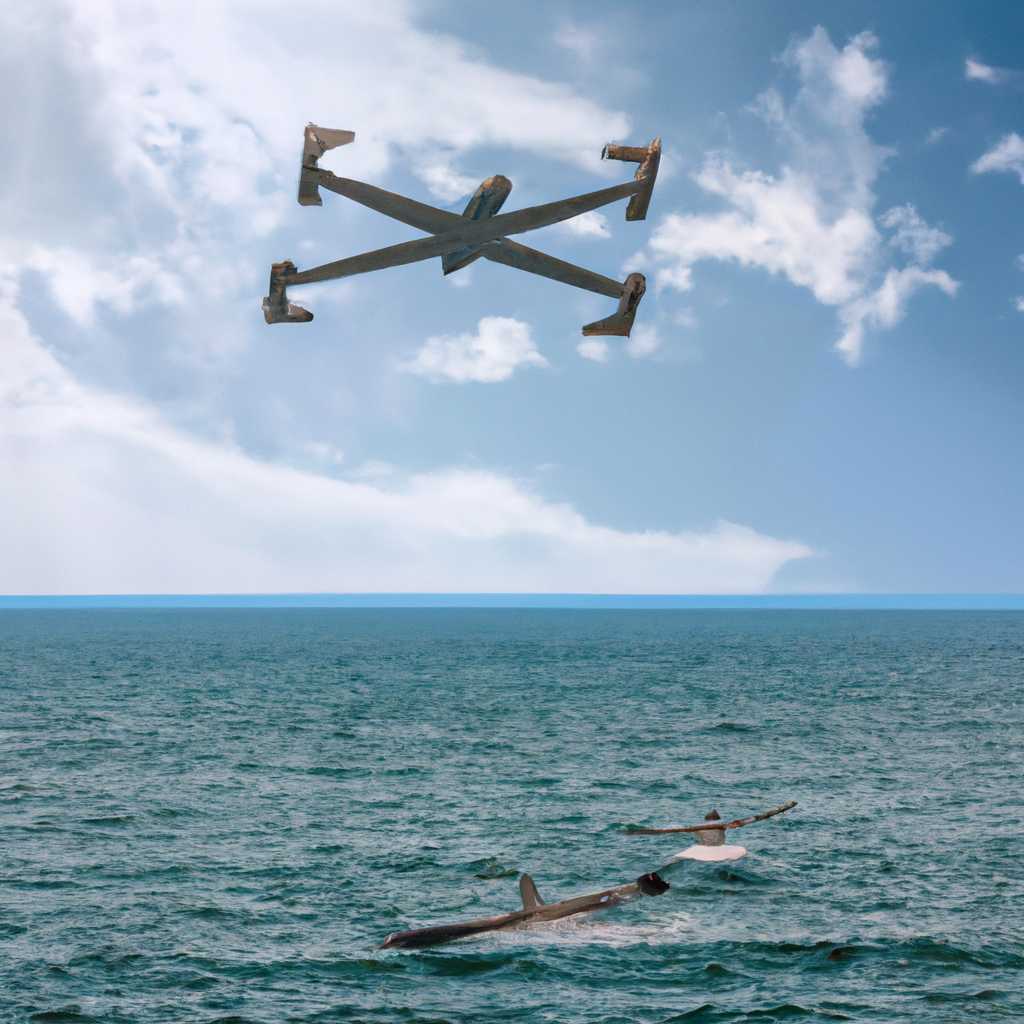A potentially explosive diplomatic incident occurred between the United States and Russia when a US air force MQ-9 Reaper drone was reportedly harassed by two Russian jets before being forced to the Black Sea on Tuesday. Both countries have expressed an interest in recovering the drone, but due to the depth of the water, it may not be possible. Gen. Chairman of the Joint Chiefs of Staff Gen. Mark Mark Milley said the drone is in waters as deep as 5,000 feet and any recovery operation is "very difficult" for anyone. In response, Sergei Naryshkin, head of Russia's Foreign Intelligence Service, said Moscow has the ability to recover the drone, while Nikolai Patrushev, secretary of the Russia Security Council, said they plan to search for the downed aircraft.
The potential retrieval of the drone has raised the stakes of the U.S.-Russia relationship, particularly in the context of the conflict in Ukraine. Stephen Biddle of the Council on Foreign Relations (CFR) warned that any American recovery operations could lead to further escalation between the two countries while Charles Kupchan of CFR stated that the drone could "provide insights into American technology." Furthermore, the incident provided an opportunity for Russia to promote propaganda for the US involvement in the war in Ukraine or to reinforce further action in the Black Sea.
In order to minimize sensitive intelligence collection from Russia, the U.S.. Has taken steps to ensure that the drone is not first found. The Pentagon has also stated that it has never supplied Reaper drones to Ukraine. It appears that the drone fell into the waters off the West coast of Crimea, which Russia annexed in 2014, making it easier for Russia to search for the aircraft.
Although the U.S. is not in the United States, U.S. While Russia and Russia remain in disagreement over the incident, Stephen Biddle noted that the stakes in keeping Russians from getting parts of the drone are not sufficient to warrant risking the war by operating naval forces near them.

